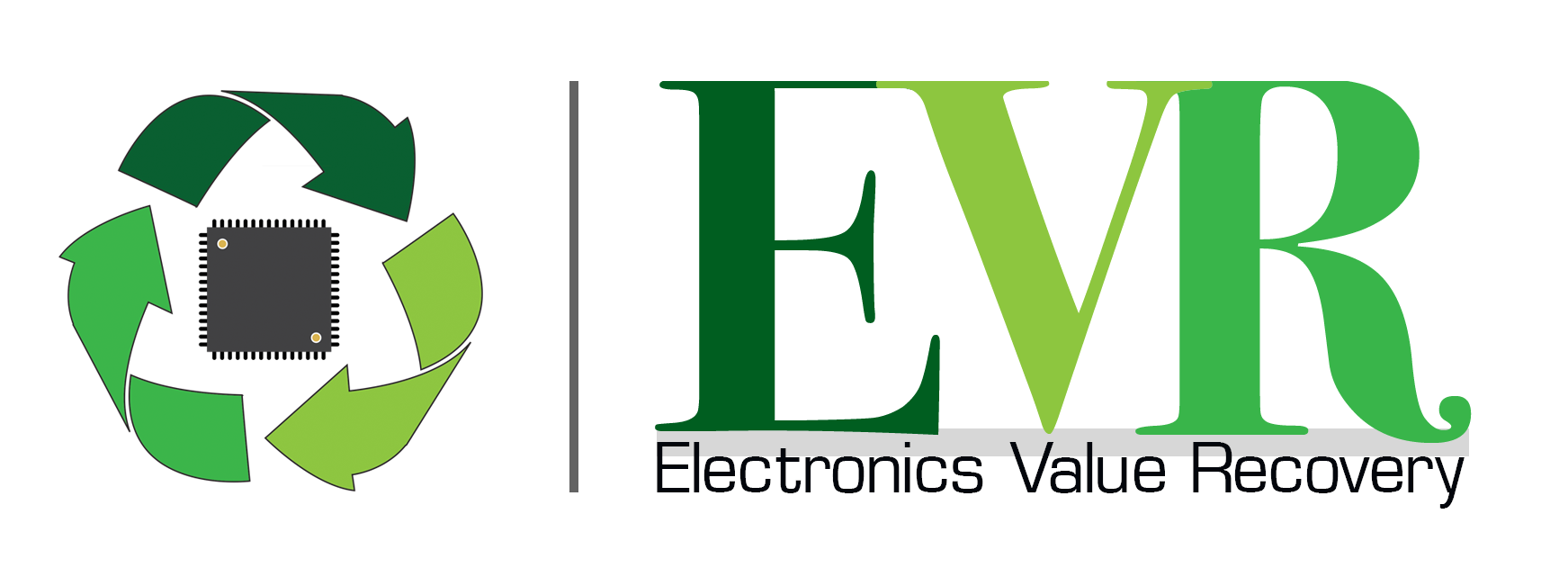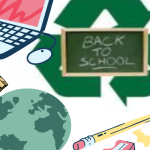Over the past decade, Manufacturing Day has become an event to raise public awareness of the importance of manufacturing to our economy. On the first Friday of October, which is October 7th this year, we celebrate Manufacturing Day.
Recycling is a First Link
While most people probably don’t think of “recycling” as manufacturing, it is in fact, a first link in the manufacturing supply chain. Whether you are recycling at home or at the office, you’ve only collected potentially recyclable materials and diverted them from the waste stream. But, recycling doesn’t happen until a product that someone wants to buy is made from the items you’ve collected.
That’s where “recyclers” come in. We take those mixed up materials and prepare them to meet the specifications of the end-user so that they can be substitutes for virgin raw materials. More than 70% of recycled materials processed in the U.S. are used in domestic manufacturing. The remaining 30% of commodity grade recyclable material is exported to roughly 150 countries for use in manufacturing.
The U.S. recycling industry supports:
- An economic impact of $9.8 billion in the manufacturing sector
- Direct employment of 20,250 manufacturing jobs
- Induced impacts, generated by re-spending of employees of the recycling industry and supplier firms, support an additional 8,340 manufacturing jobs with an economic impact of $4.6 billion**
Recycling is Not New
As I frequently state, recycling is not new. The scrap recycling industry is one of the world’s first green industries. In pre-industrial times, there is evidence that bronze and other metals were collected and melted for re-use. However, in modern times, the intrinsic value of scrap and the benefits of using and re-using material has been eclipsed by the waste management benefit of recycling.
“The Ultimate Form of Recycling” is remanufacturing according to Si2 Partners. Like recycling, remanufacturing begins with the collection, or reclamation, of used materials. These materials are disassembled, inspected, cleaned and worn or broken components are replaced. Historically, 90% of remanufacturing activities have taken place in the capital goods sector, which includes the aviation, automotive and defense industries. A notable success is in the consumer durable goods sector is the remanufacture of computers and laser toner cartridges.
Recycling Creates More Jobs Than Disposal
One of the lesser known benefits of recycling and remanufacturing is the job creation potential of recycling. According to a 2021report by the Institute for Local Self-Reliance (ILSR) for Baltimore, for every 10,000 tons of material disposed of as waste, two jobs are created whereas for every 10,000 tons of material recycled, around 60 jobs are created.
Remanufacturing is central to the circular economy. Reusing components rather than making them from virgin raw materials, reduces depletion of finite natural resources, energy consumption and contribution to global warming. According to David Fitzsimons, director of the European Remanufacturing Council, remanufacturing is the backbone of the circular economy. According to the above referenced ISLR report, remanufacturing creates almost 30 times as many jobs as landfills and incinerators.
Manufacturing has changed dramatically and statistics show a decline that Baltimore has observed first hand. However, according to the Urban Manufacturing Alliance, the data also show that manufacturers which are sole proprietors are growing. They site modern technology, such as 3-priniting and on-line sales platforms as contributors to their growth. Maker spaces and incubators, many of which are located in abandoned sites of legacy manufacturers, allow collaboration and foster innovation. Perhaps these new models will find the solutions to some of our hurdles to developing the “green economy.”
Remanufacturing has become such a critical component of the economy that it even has its own day of recognition. But you must manufacture in order to remanufacture! On Friday, American manufacturers will promote the public image of manufacturing, its contributions and its future. The first green industry will be right there with them. Recycling is not “separating our trash.” It is a vital link in the manufacturing supply chain of raw materials for today’s circular economy.
#MFGDay #Manufacturing #Recycle #RecyclingisEssential #Remanufacturing #Refurbish



